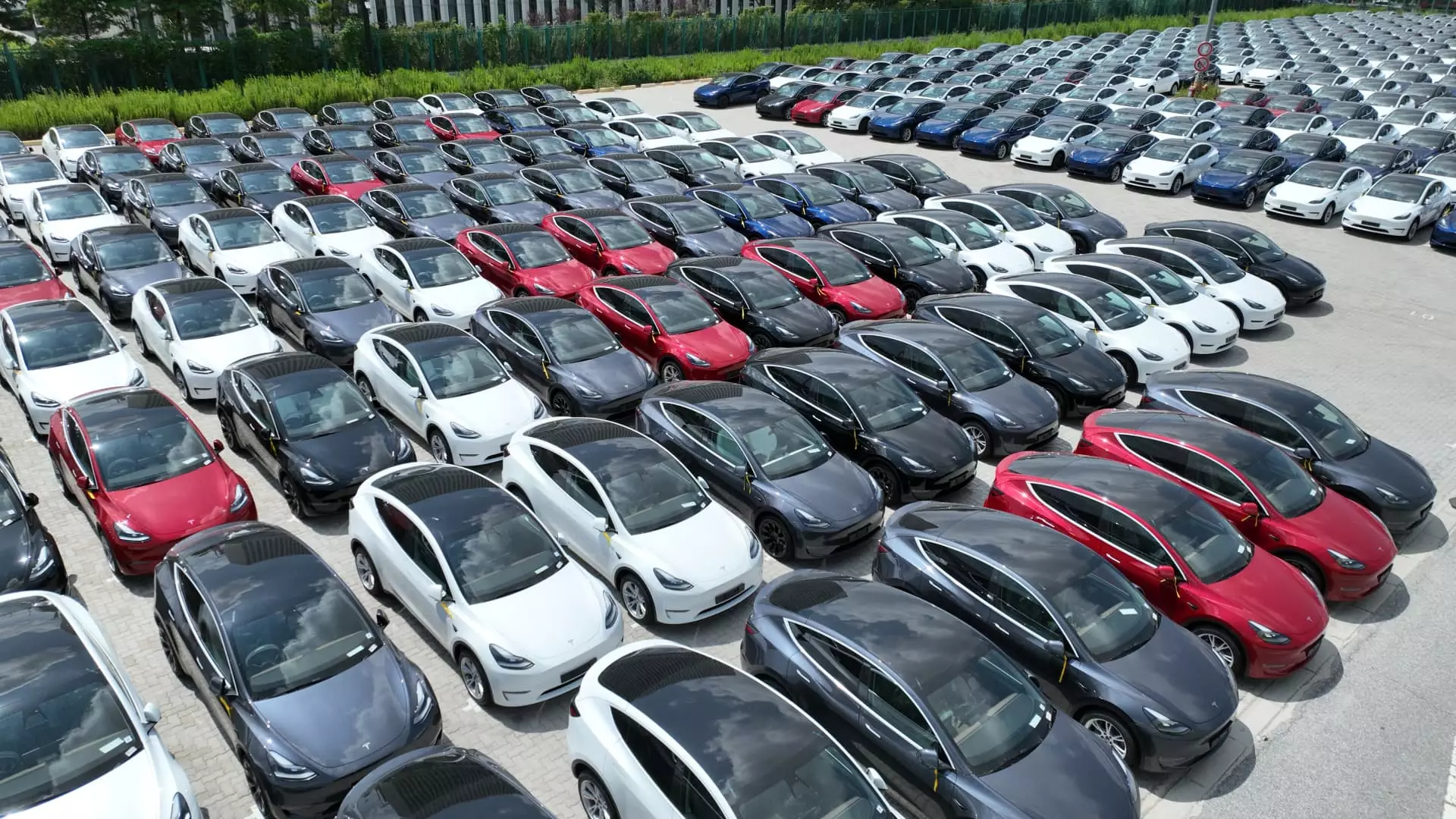Tesla, the renowned electric automaker, recently announced a massive recall affecting more than 1.6 million cars in China. The recall aims to address concerns regarding both Autopilot features and locks. In this article, we delve into the details of the recall and its implications for Tesla and its customers. This recall comes in the wake of a similar initiative by the National Highway Traffic Safety Administration (NHTSA) in the United States, further fueling concerns about Tesla’s Autopilot technology.
The Autopilot Problem
One of the primary reasons behind Tesla’s recall in China is the risk of potential vehicle collisions due to driver misuse of the Autopilot feature. China’s State Administration for Market Regulation highlighted the possibility of increased accidents caused by drivers “misusing” the driving assistance feature. This is a serious concern since the improper usage of the Autopilot feature can pose significant safety risks.
The NHTSA in the US also identified a related issue, deeming Tesla’s Autopilot features confusing and too easy to misuse. The agency found that the controls for a particular Autopilot element called Autosteer were not adequately prominent or comprehensive enough to prevent driver misuse. As a result, there was an increased risk of collisions.
Aside from the Autopilot issue, more than 7,500 Model S and Model X vehicles were recalled in China due to concerns that the noncollision side doors might unlock during a crash. This poses a serious safety risk to both drivers and passengers as the unlocked doors could compromise their protection during an accident.
Thankfully, both the Autopilot and lock problems can be rectified through a free over-the-air software update. This means that affected Tesla owners will not have to physically take their vehicles to a service center for repairs. Instead, the necessary updates will be delivered directly to their cars, making the process more convenient for customers.
Impact on Tesla
While Tesla’s recall in China might raise concerns among shareholders, the impact on the company’s stock seems to be relatively minimal. After the announcement of the recall, Tesla’s shares closed down slightly less than 1% on Friday. This indicates that investors might have anticipated the recall and already factored it into their valuations.
Tesla’s decision to recall more than 1.6 million vehicles in China due to Autopilot and lock issues highlights the company’s commitment to ensuring the safety of its customers. By providing free over-the-air software updates, Tesla is taking proactive steps to address potential risks without inconveniencing car owners. Nevertheless, this recall underscores the importance of thorough testing and ongoing refinement of autonomous driving technologies to ensure maximum safety on the roads.


Leave a Reply